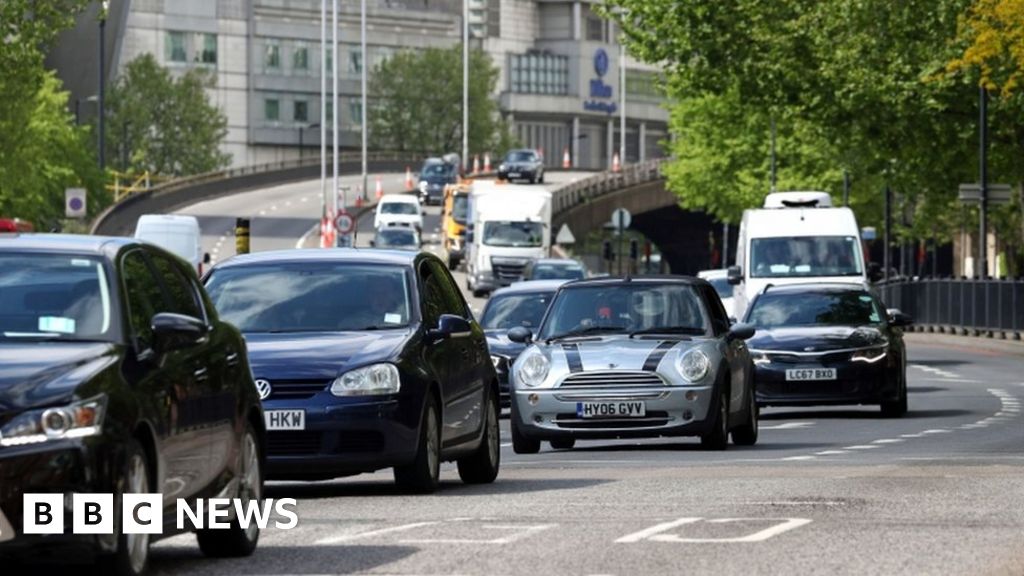This came from the British Lung Foundation.
Recently, most of us have been clapping for our key workers, helping our neighbours, or practising strict social distancing. It’s been incredible to see everyone coming together.
And because we’re spending more time than ever at home, people that are lucky enough to have gardens have often been spending more time outside. Unfortunately, that also means you may have noticed more people are starting to burn garden waste or have bonfires, which is really bad for people with lung conditions.
It’s crucial that, across all our villages, towns and cities, we keep the air clean so that people with lung conditions are protected.
You can help. Check out this blog from Zak and Dan, our resident experts in air pollution, about what’s happening, and then share it with everyone you can think of.
Let’s come together once again, just like we have when we’ve clapped for our key workers.
Recently, most of us have been clapping for our key workers, helping our neighbours, or practising strict social distancing. It’s been incredible to see everyone coming together.
And because we’re spending more time than ever at home, people that are lucky enough to have gardens have often been spending more time outside. Unfortunately, that also means you may have noticed more people are starting to burn garden waste or have bonfires, which is really bad for people with lung conditions.
It’s crucial that, across all our villages, towns and cities, we keep the air clean so that people with lung conditions are protected.
You can help. Check out this blog from Zak and Dan, our resident experts in air pollution, about what’s happening, and then share it with everyone you can think of.
Let’s come together once again, just like we have when we’ve clapped for our key workers.








